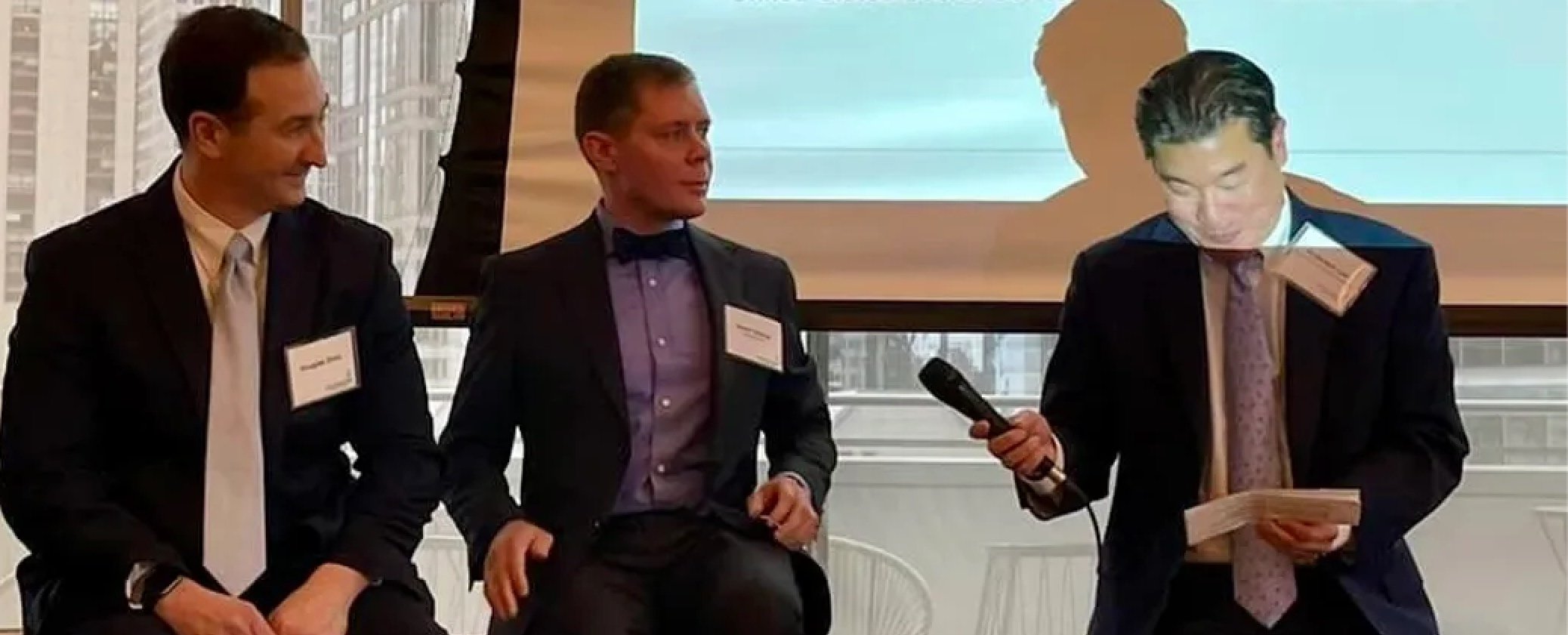
Q & A with Steven
How did you choose history for your career?
My passion for historical inquiry began in 2005 when I got an early glimpse of Watergate and the Nixon administration. This was when Bob Woodward’s famous secret source, “Deep Throat,” was revealed to be former FBI Deputy Director W. Mark Felt.
The more I explored Nixon and Watergate, the more I became obsessed with the social and political processes, events, and figures that led to the downfall of his administration. By reverse engineering these events and engaging with the historiography of the mid-20th century, I found myself fully immersed in historical research and found my professional and academic home.
How did you decide to be an educator?
I love to teach through storytelling, along with a modified Socratic method. I was fortunate to have one professor who used this approach, and it transformed the way I learned and thought. During my time as a graduate student at the University of Minnesota, I taught an undergraduate course on 1960s history. My students reflected that my teaching method led them to become engaged with the course content and helped them to develop a genuine interest in the field, rather than simply showing up to fulfill an academic requirement.
I knew that if I had the ability to teach in a way that resonated with my students and inspired them to be passionate about historical inquiry, I had the responsibility to make that happen. It has become my life’s work.
As a social and political historian, what made you interested in corporate history and archiving work?
They are more related than people might think. Creating a corporate historical narrative—including oral history interviews and analyses of decisions, documents, and artifacts—not only benefits the organization but also highlights how corporate development over time is both shaped by and contributes to broader social, political, and economic processes.
One example is the Radio Corporation of America (RCA) which began as a collective subsidiary of AT&T, General Electric, and Westinghouse. After independence by divestiture, RCA influenced the social and political scene in the 1920s by providing the hardware as well as the broadcast network for news and entertainment. RCA became one of the most valuable publicly traded stocks of the 1920s. The historically high increase in the value of this stock later contributed to the crash of 1929, which resulted in mass labor protests across the United States and ignited the Great Depression.
What do you see for the future of the field of history?
It’s definitely an exciting time in our field, because technology is shaping how historical research and teaching is carried out. We are also identifying new ways that we as historians can apply our discipline to other industries, particularly in tech, medicine, finance, and government.
In my field, we are looking at social and political events in the mid-20th century to better understand and anticipate the causes and responses to contemporary issues. With current social movements like Black Lives Matter and responses to political changes, we are living in a fascinating time; we will always use historical precedent as a guide.
Can I contact you?
Absolutely! Feel free to contact me about my academic work or about my corporate history and archival work. You can also contact me if you just have general questions about academia and history! I’m always happy to talk to current or prospective students. Let me know if you’re local to the Chicagoland area. I can be reached at smill144[at]depaul.edu.